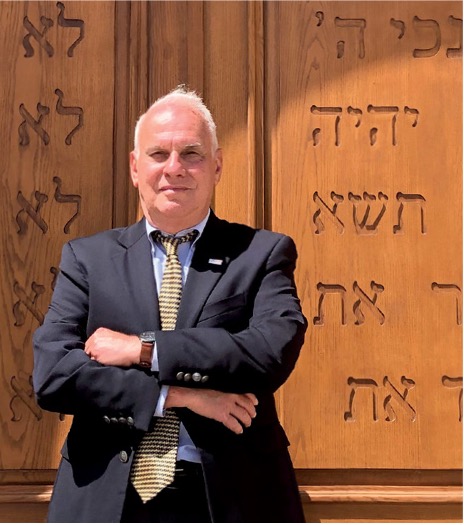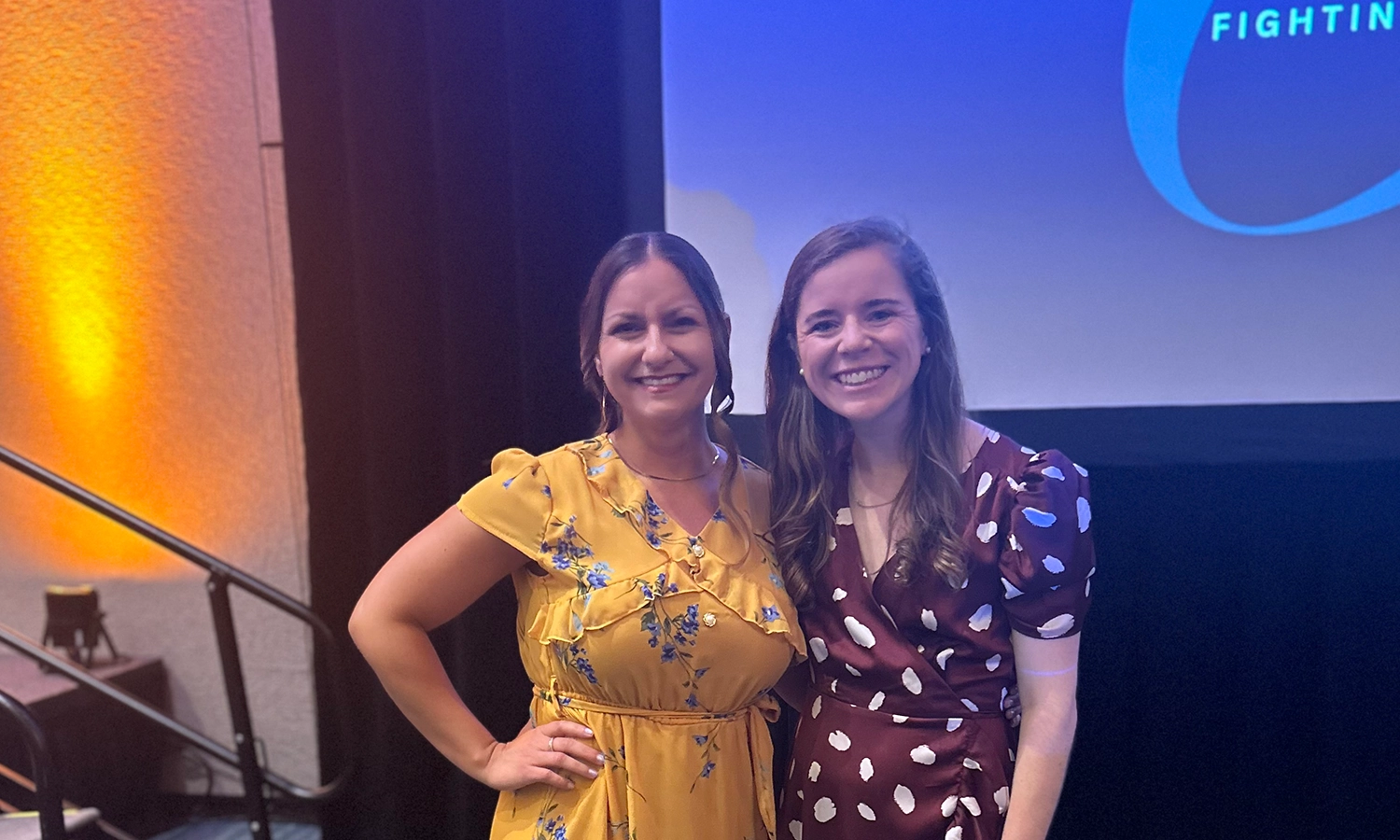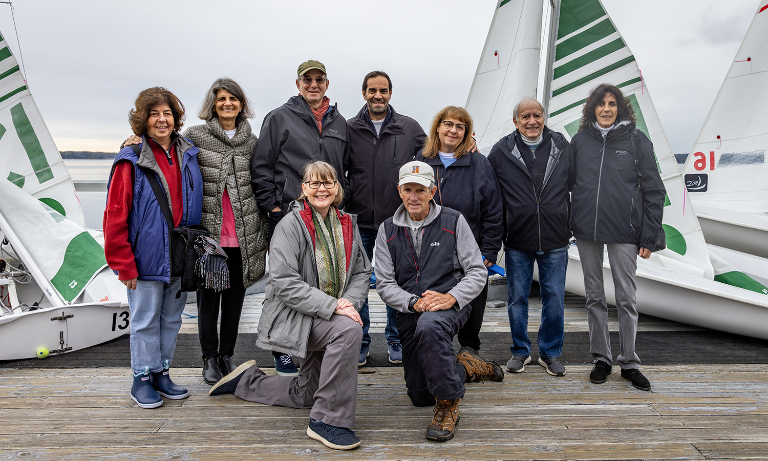
HWS News
1 August 2023 • Alums Signs and Signals
Steven Gale ’69 is in the business of the future — not predicting it so much as forecasting several possible trajectories. As Senior Advisor at the U.S. Agency for International Development (USAID) Bureau for Policy, Planning and Learning, Gale leads efforts to examine the confluences of global events and drivers of change likely to impact U.S. foreign policy in the future, with a lens on international development. With colleagues and counterparts from other government agencies, think tanks and international organizations, he studies possible scenarios to help highlight implications for current aid programming to address a rapidly changing, increasingly uncertain and highly interconnected world. Wherever the U.S. is investing around the globe, Gale is looking at trends in areas like demography, urbanization and education, and keeping a pulse on emerging “signs and signals” that may influence the development landscape in the next five to 10 years.
Gale has worked for USAID since 1992, serving in the Agency’s Bureau for Policy, Planning and Coordination and Bureau
of Legislative and Public Affairs. He has served as a Senior Advisor on Human Security at the National Intelligence Council, Director for Afghanistan at the National Security Council, and a Brookings Legislative Fellow for the House Oversight Subcommittee on National Security. He holds a B.A. from Hobart, an M.A. from Brooklyn College, and a Ph.D. from the CUNY Graduate Center. He was a postdoctoral Fellow at Columbia University and the National Institutes of Health.
Since 1961, USAID has supported programs as diverse as health, economic development, democracy, education and natural resource management in more than 100 countries. Among the most important emerging challenges, Gale argues, is in energizing young people around democratic engagement.
Global freedoms “are in a free-fall,” as Gale wrote in a 2022 blog for the Wilson Center, the nation’s key non-partisan policy forum for tackling global issues. Recent reports, he notes, indicate that “less than half the world’s population today lives under some form of democracy,” while democracies themselves “are now facing their biggest challenges since the 1930s and increasingly disappointing many global citizens.” Central to these challenges, Gale says, is “the growing disillusionment of today’s youth, even in democratic countries.... [U]nless we can do a better job to engage these youth, the stakes for democracy are high.”
As Gale explains, this disengagement suggests that young people “don’t have a high level of confidence or trust in existing economic, political or social entities. They may also want to ‘opt out’ because they perceive that their generation is not being heard or treated fairly.” Whatever their reasons, this disaffection can ripple out into the large social sphere, impacting “well-being and mental health...and individual and country-level economic productivity and quality of life.”
Programs like USAID’s Global LEAD are trying to get ahead of these trends, with increased investments in leadership development, education, and civic and political engagement. But, Gale says, keep in mind that “our programs don’t happen overnight. If you’re equipping schools in Africa or repairing the electrical grid in Ukraine, you have to think long term.”
The challenge, he notes, is that such long-term planning often runs counter to the human tendency to think short-term. Another misperception is “to think the future is going to look like the past.”
“If youth are disaffected today, that’s going to undercut democracy down the road,” he says, “so if you’re only looking
in the rearview mirror at past problems, you will not be able to address the challenges of tomorrow. The idea is to peer into the future to make sure that what we’re doing now will make sense five and 10 years out.”
This story originally featured in the Summer 2023 edition of the Pulteney Street Survey.



